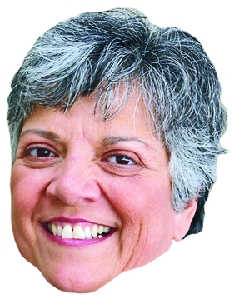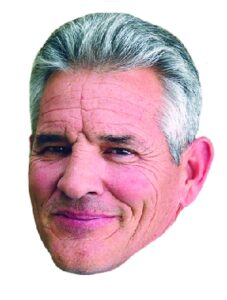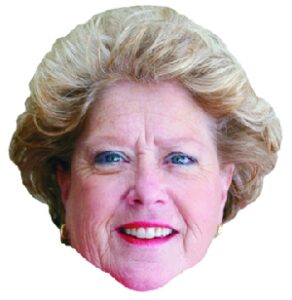Debbie O'malley: District 2
 Debbie O’ Malley: District 2Won Re-election
Debbie O’ Malley: District 2Won Re-election
Brad Winter: District 4
 Brad Winter: District 4Won Re-election
Brad Winter: District 4Won Re-election
Rey Garduño: District 6
 Rey Garduño: District 6Won Election
Rey Garduño: District 6Won Election
Trudy Jones: District 8
 Trudy Jones: District 8Won Election
Trudy Jones: District 8Won Election
Don Harris: District 9
 Don Harris: District 9Not Recalled
Don Harris: District 9Not Recalled







